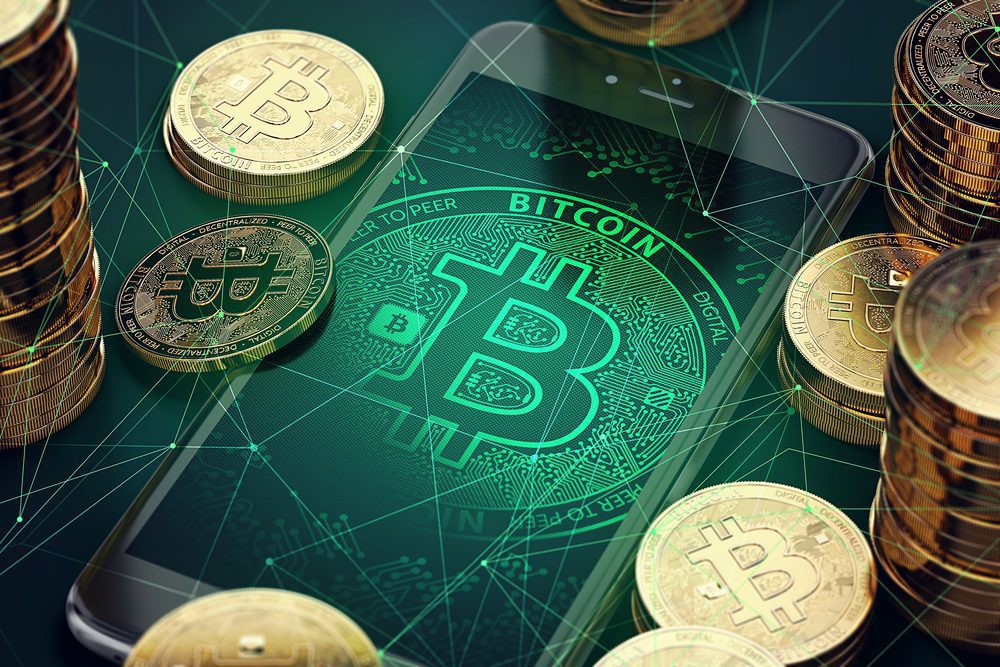 |
More than one in five people in third world countries use their mobile phone to access banking services. Mobile operators are taking advantage of the fact that most banks don’t want to spend the money required to open brick-and-mortar branches in the developing world. The result is that many people have access to banking information, but many don’t have a traditional banking account — or have a strong knowledge of banking specifics and policies.
Shopkeepers maintain the network, acting as agents to receive deposits from customers and to issue cash. Customers authorize the transactions via their mobile phones. Services such as these extend from Tanzania to Afghanistan, and there are plans to expand into Egypt and India. As more countries are experiencing growth in their mobile services and mobile coverage, mobile banking has skyrocketed. Also, earlier this year, multibillionaire Microsoft founder Bill Gates pledged 12.5 million to give more of the developing world access to mobile banking.
But how much good does it do to have access to banking services if the individuals using the services aren’t being educated? What types of fees and penalties exist when using mobile banking? How does mobile banking increase or decrease the chances of fraud? Text messages aren’t encrypted, so if you’re checking your account balance, for example, the information is being transmitted and is vulnerable to hackers. And messages are all stored on your phone, so if you lose it, a computer-savvy individual could access all of your transactions.
Mobile banking is still a relatively new phenomenon, so for entire populations of people to be entrusting their financial well-being to it should be cause for global concern. –todd williams










